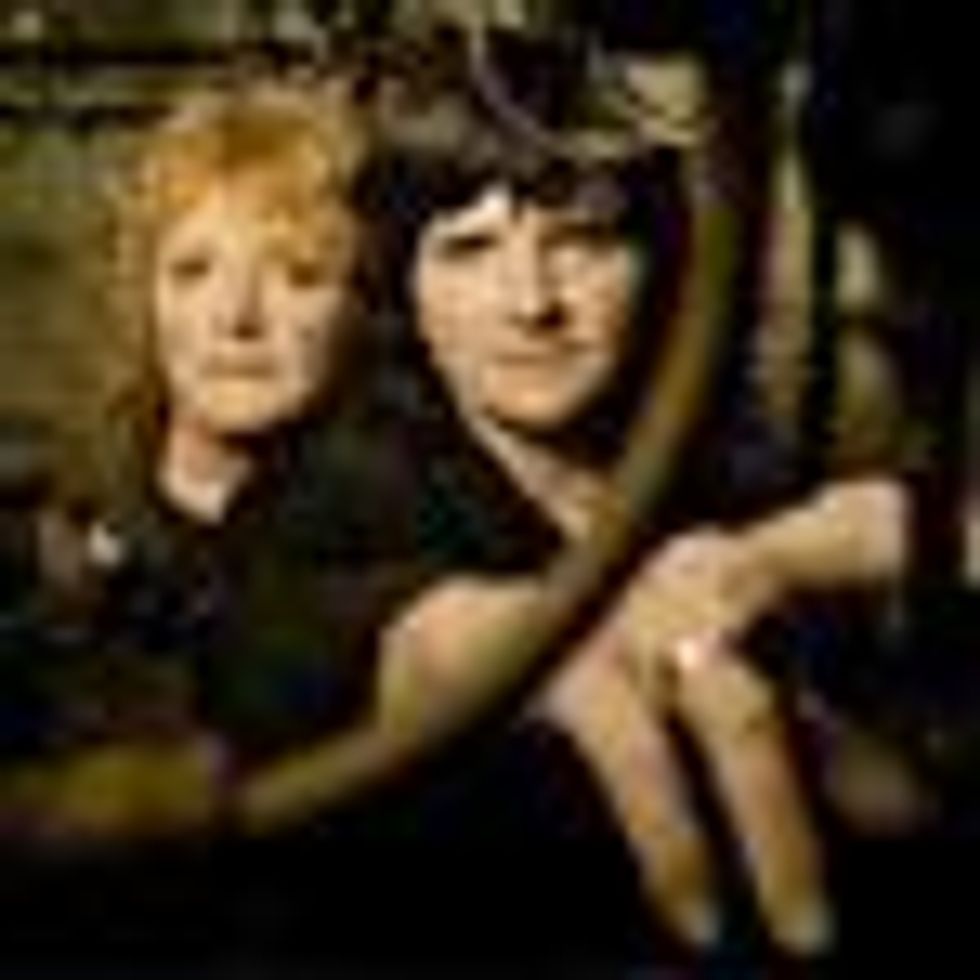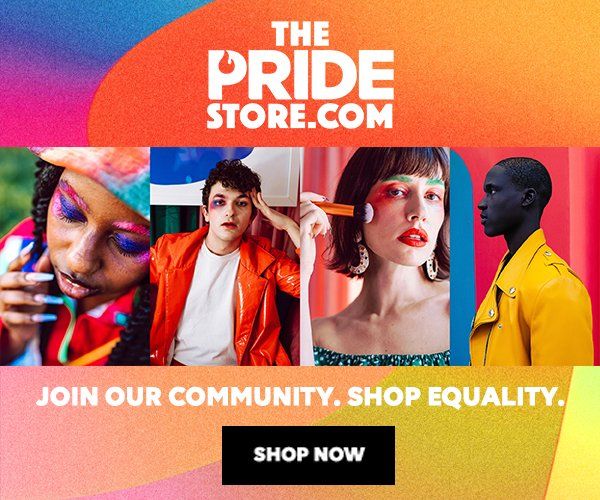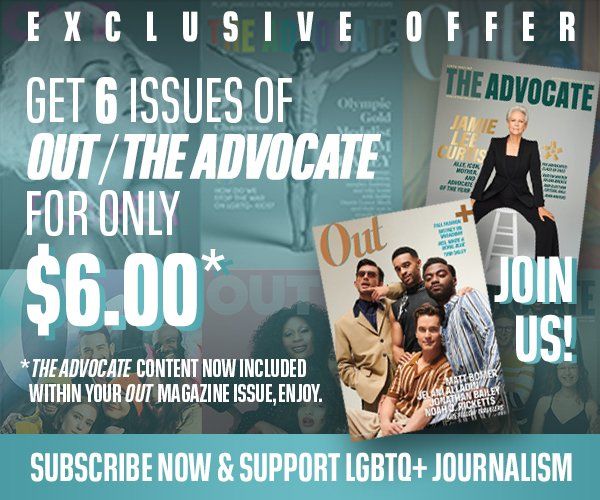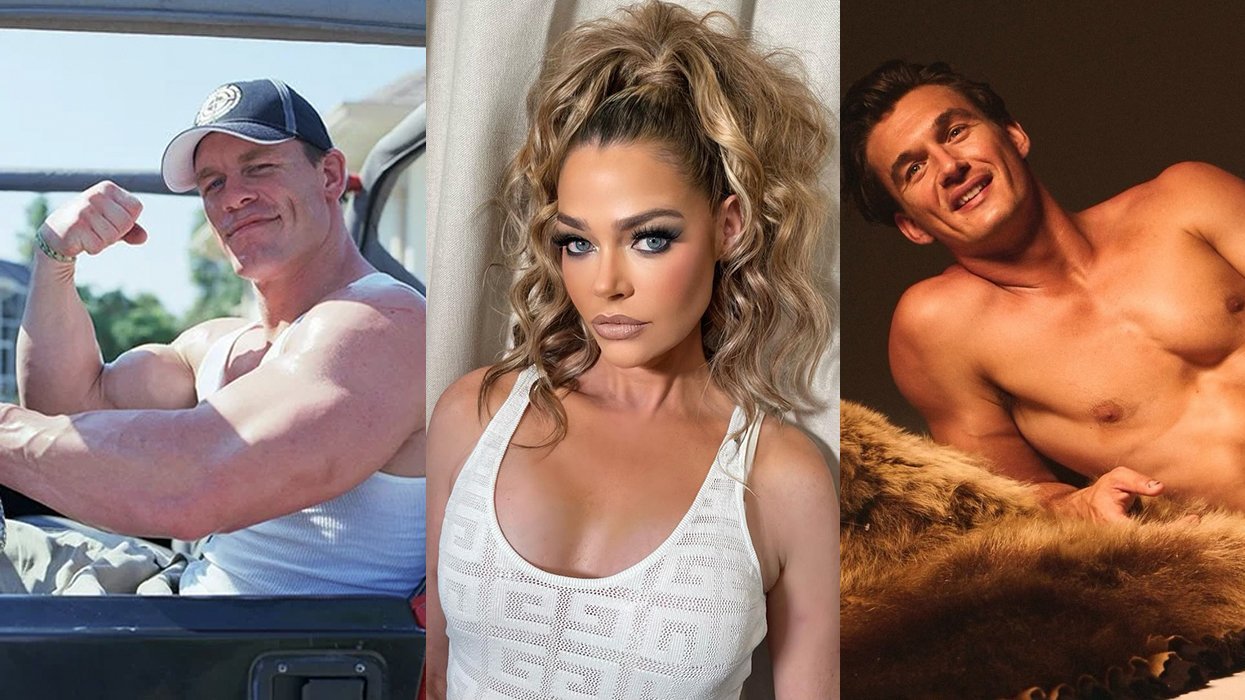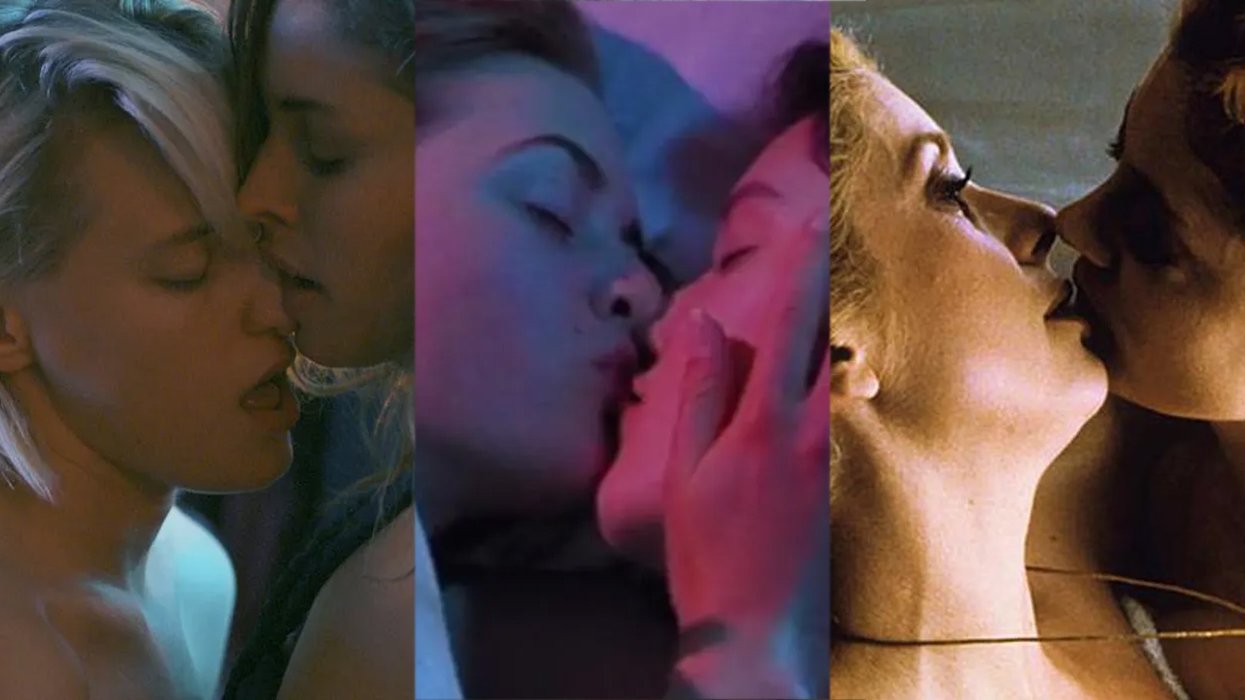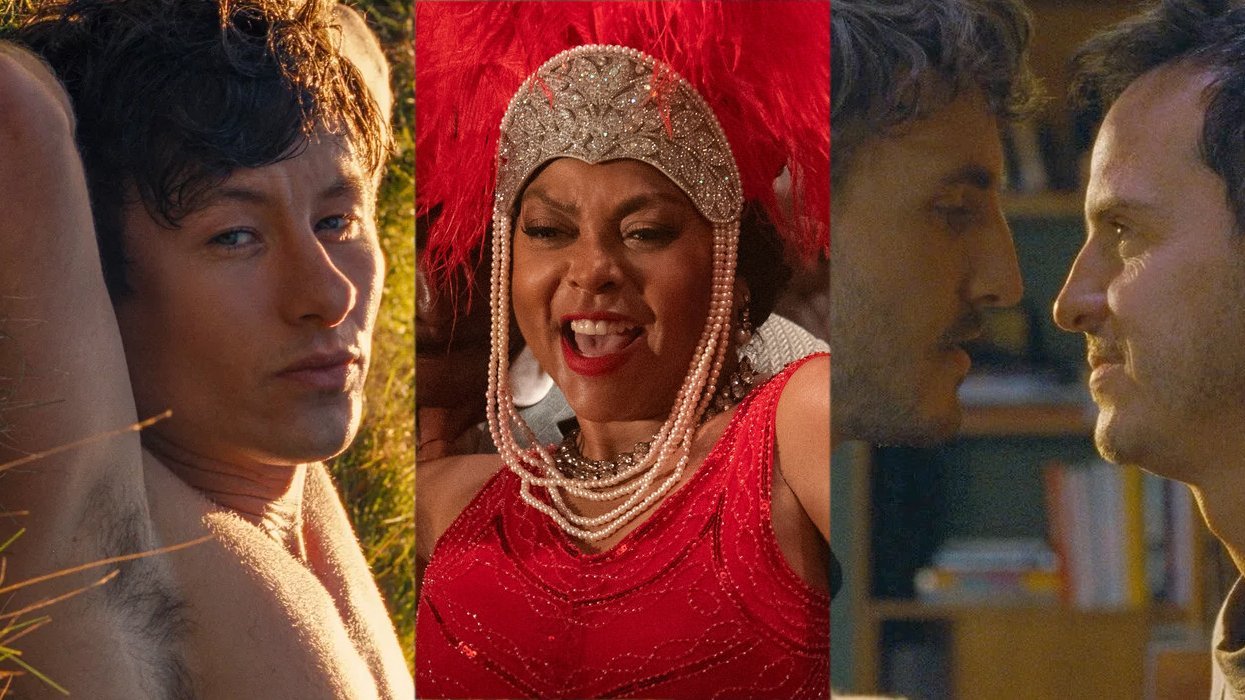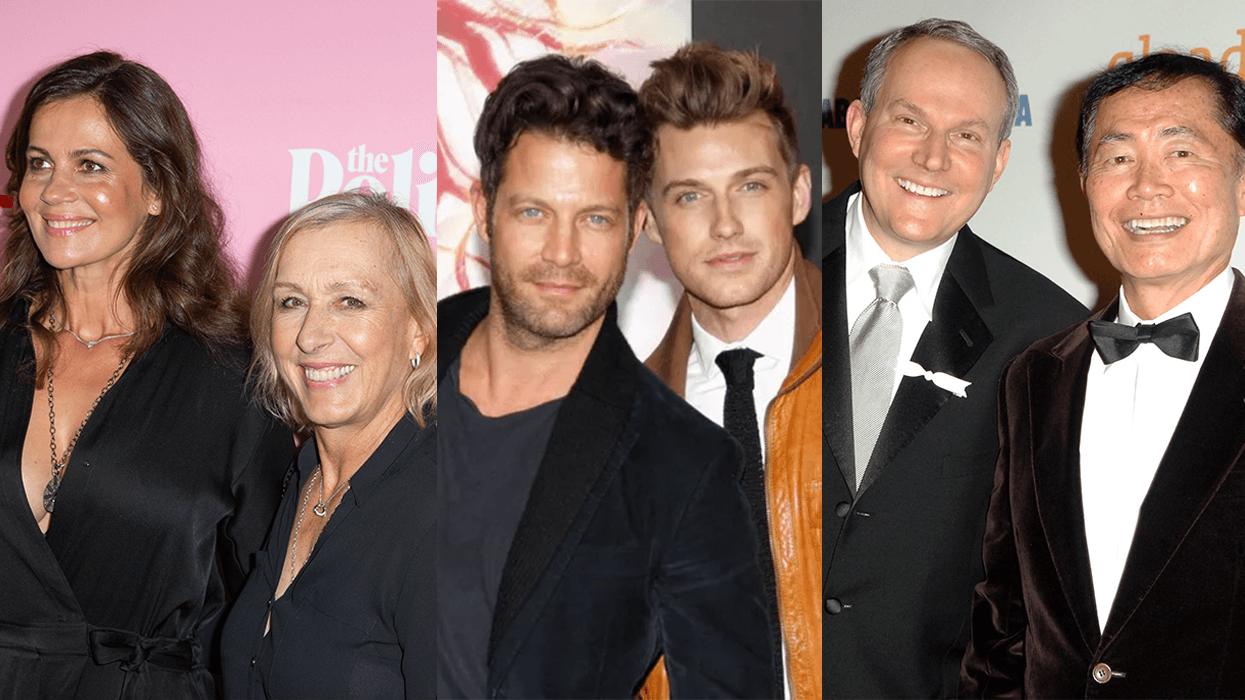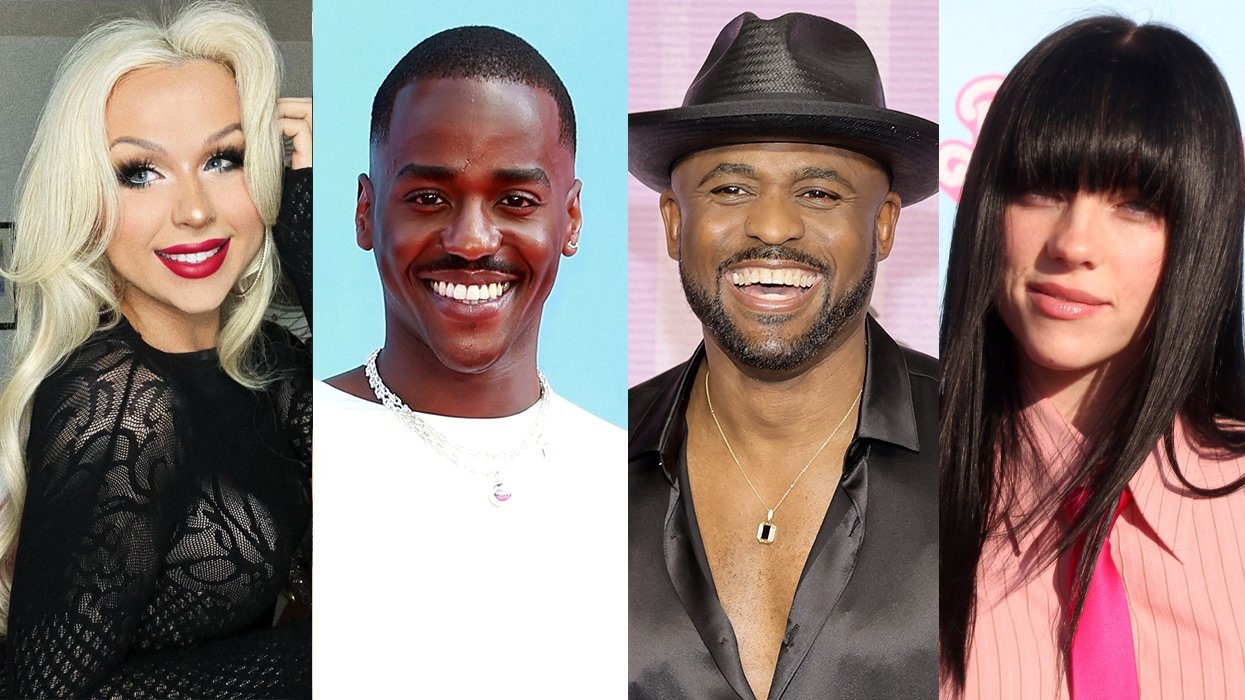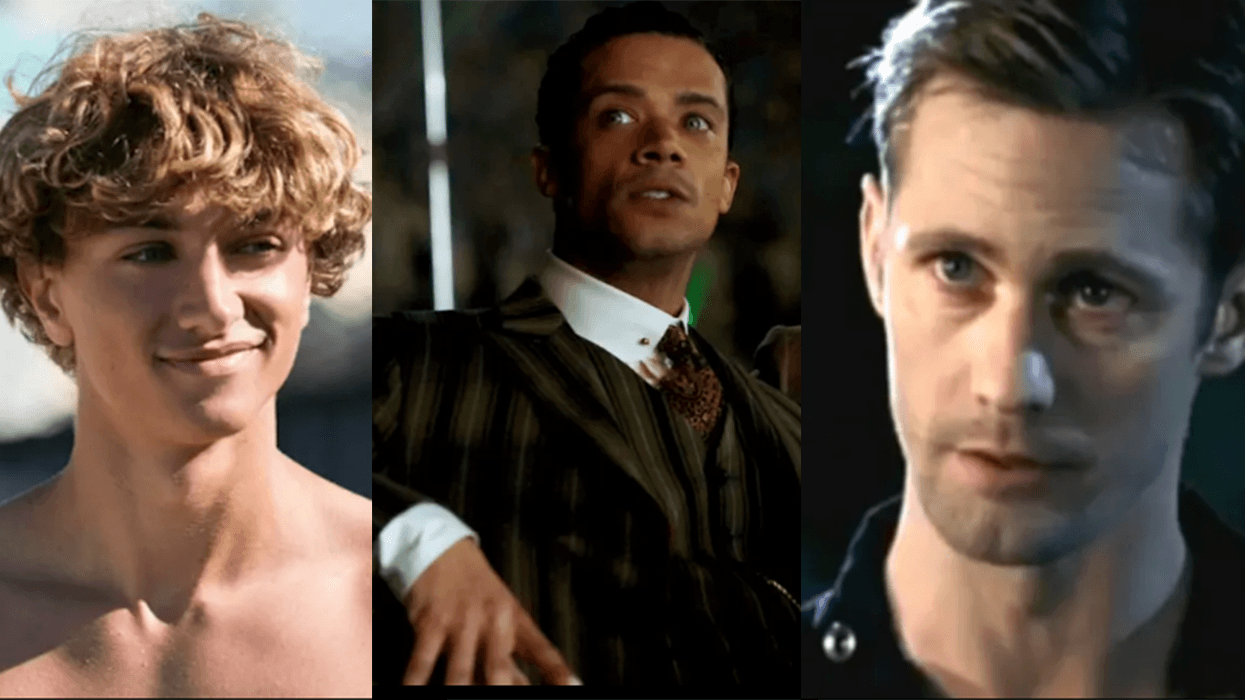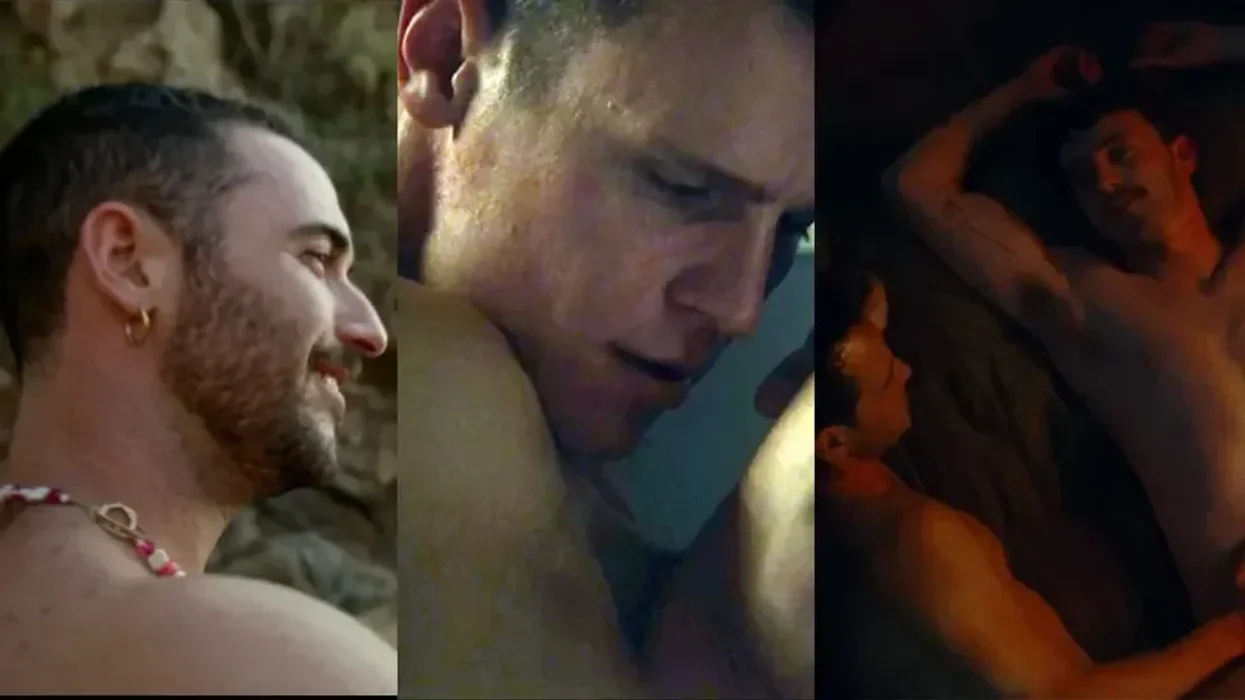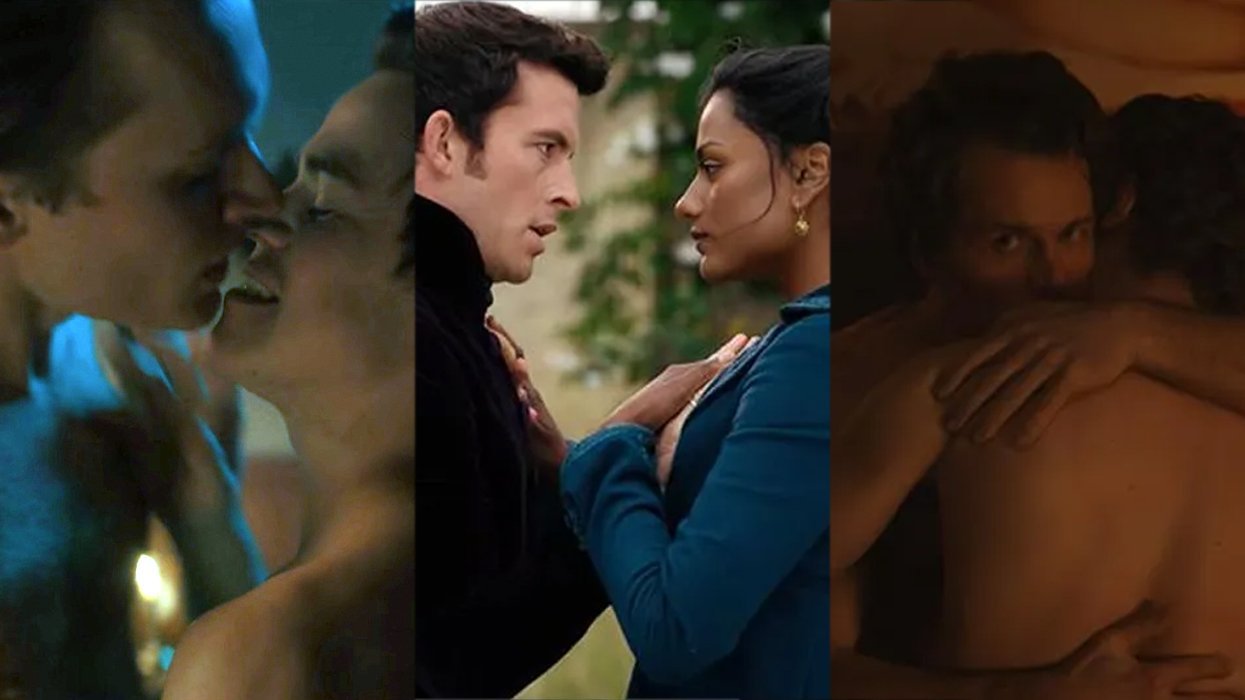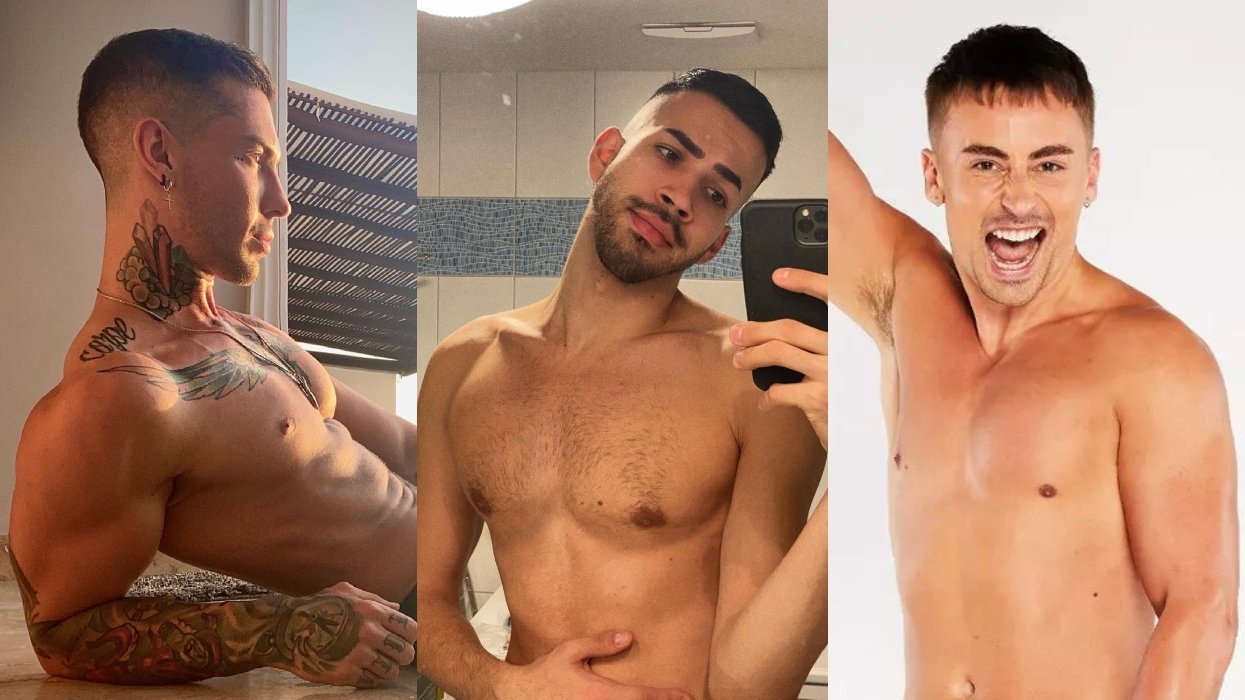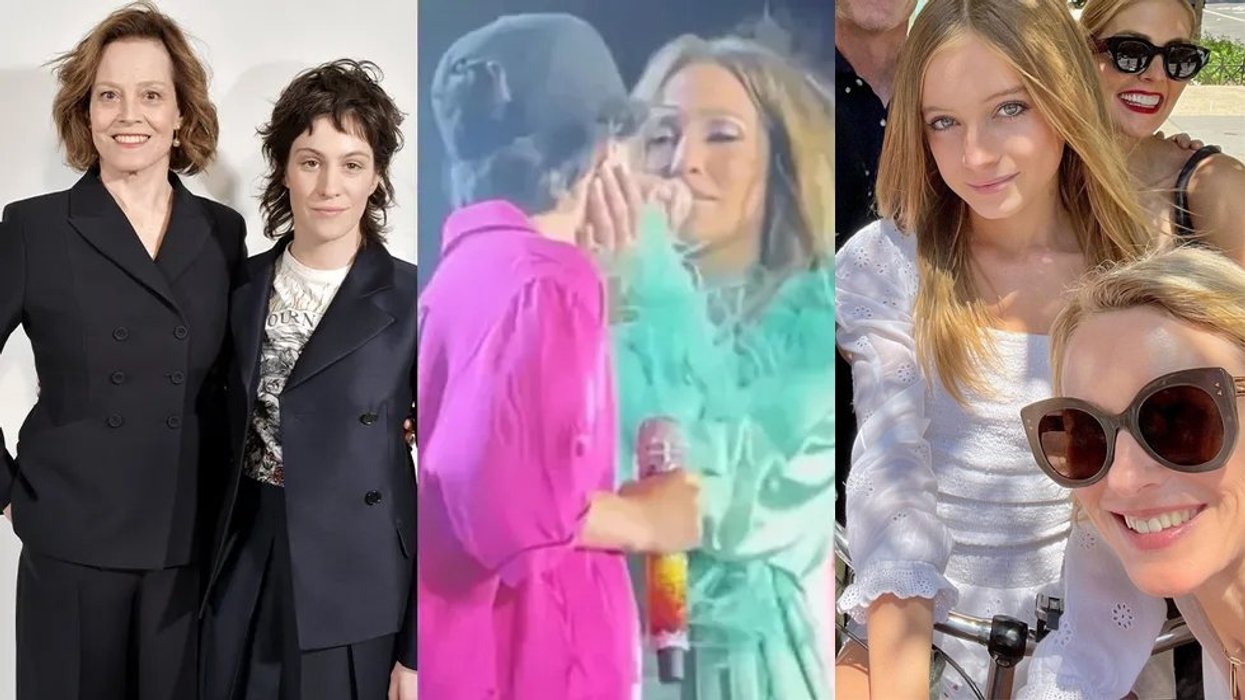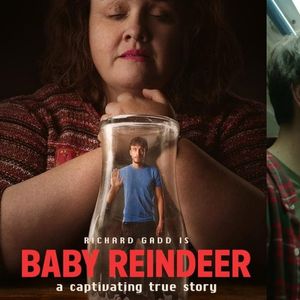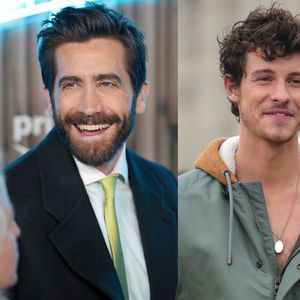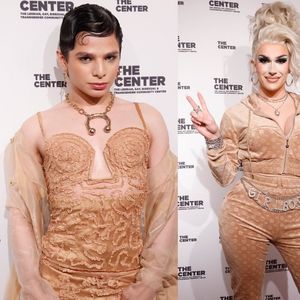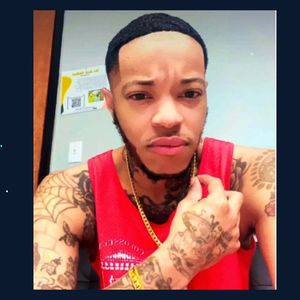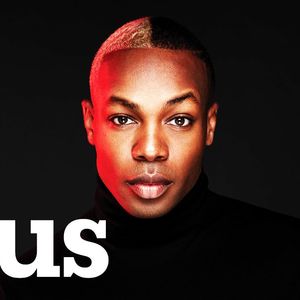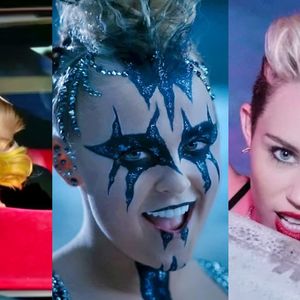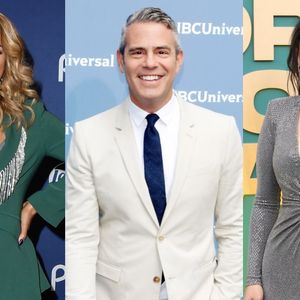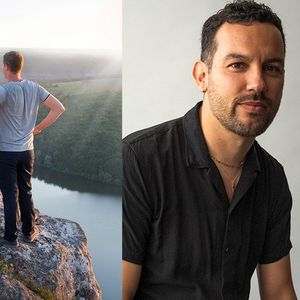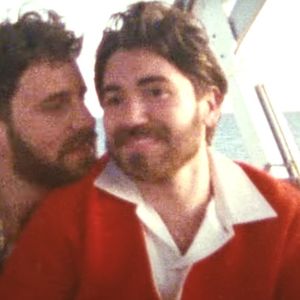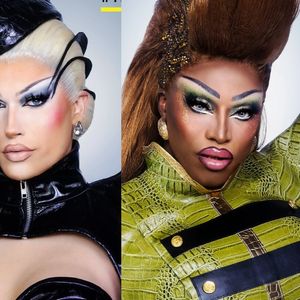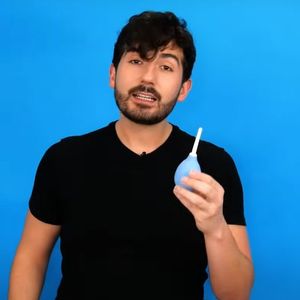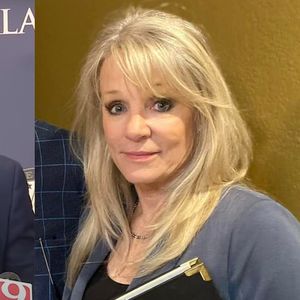In a pop music landscape too often dominated by auto-tune and soulless electronics The Indigo Girls’ 14th studio album Beauty Queen Sister –- out on October 4 -- offers up the duo’s signature intricately woven vocals and troubadour-like lyrics with a refreshingly modern sound.
For 25-plus years Indigo Girls Amy Ray and Emily Saliers have continually delivered tunes that would become beloved ballads and anthems for decades to come. And Beauty Queen Sister is sure to churn out at least a few classics in the making, including the title cut, Ray’s funky ode to the minutia of small-town life and politics.
A multi-faceted activist who’s seemingly equally concerned with LGBT, Native American and environmental issues, Ray’s “Beauty Queen Sister,” is indicative of her knack for melding lyrics about political and social problems with infectiously upbeat music.
At 47, Ray, who hails from Decatur, Georgia, continues to challenge norms both musically and in her politics. While she’s made her mark as one half of the one of the world’s most famous “folk” duos, Ray’s also proved her mettle as punk artist and record producer to be reckoned with in her solo work that includes her acclaimed debut Stag. Although Ray and Saliers came out publicly ages ago, over the past few years, in interviews, Ray has exhibited a vested and timely interest in gender-identity issues and politics -- a prescient subject these days.
SheWired caught up with Ray shortly before the release of Beauty Queen Sister to discuss the album, the title cut, life on the road after 25 years and just why gender identity issues are important to her on a personal level.
SheWired: Your new album Beauty Queen Sister was produced by Peter Collins, who also produced some of your iconic albums Rites of Passage and Swamp Ophelia. Is this album a return to those earlier works in any way?
Amy Ray: When we made Rites of Passage we sort of said to Peter, “We really want you to make your mark on us.” Well, I don’t know if we said it that way because we were probably more closed-minded at that point of our career -- because we were young. But we definitely wanted his vision, and we wanted him to do something for us that would change the game for us musically.
Usually when we change producers it’s not we don’t like the person we’ve been working with but just because we want to have something that just makes a mark in a different way to kind of challenge us, so went back to him on this record.
Basically, when we started working with him on this one, I was like, “You know Peter, when you made Rites of Passage it was a real shift for us and I want that to happen with this record too.” He understood that we wanted his vision. Obviously we spent about twenty percent of the money we spent on that other record because of the way things are now (laughs), and we made it in like two-and-a half weeks. We really had an intention of trying to look at the songs differently -- being spontaneous. I wouldn’t say we take huge musical risks but we take them within our context.

What on this album constitutes a musical risk for you?
That’s a good question actually. For me, a song like “Yoke,” the very last song, I brought to the project pretty late. I had written it a while back but I had thought of it as being kind of in that Leonard Cohen tradition, in that folk song tradition of being kind of long and dark. I didn’t know if it was just too self-sulk, but I think the risk was, “let’s just do it” and see what happens. It’s a live recording basically, with a couple of string overdubs, but the main string is live -- everything is live, except for Emily’s vocal and one violin part or something. So for me, something like that –- it’s kind of an emotional perspective, and you’re just doing it and not worrying about whether it fits in, or whether its pop-y or anything like that.
And just an overall thing would be that we went in with some players that we didn’t know, like we ended playing with a bass player that ended up being amazing and sort of ended up being a really big key to the record. Things like that become risks because you could get in and have it be really bad as far as chemistry goes, and then it’s awkward.
We went back to Brady Blade as a drummer and that’s not really a risk at all because he’s one of our favorite people. But I think we kind of put the band together in a different way that we normally do and that made for a more spontaneous experience.
More on next page...
\\\
(continued)
I really love the name Beauty Queen Sister. What was the genesis of the title?
It was a song name but it didn’t really have anything to do with the song. The reason we named the record that was because we felt like it was kind of defined in a way for us by its opposite, you know….
Especially in the world that we exist in, sort of the queer world, and it has so many great connotations like sister and beauty queen, queen (laughs)! What is beauty you know? It’s different from what the song is in some ways but it sort of encompasses a lot of what we were going for in the record I think.

You’ve been at this for about 25-30 years now. How has touring changed over the years for you and Emily? Do you still enjoy the road?
I do. I go through stages where it’s harder for me to sleep on the bus, or easier, or I’m homesick more than I usually am. And that’s cyclical, but it’s always been like that. It’s never been like consistently one way. I always love playing. And I always like playing in different cities. I love that constant change of scenery, but things change as far as your mood and where you’re at in your relationship, or whatever is happening in your life, and that really affects how you feel about touring.
It’s lucky that we have two of us because we can balance each other out. Often when one person is more homesick the other person is not -- things like that.
Logistically it’s like easier now because there are cell phones and Internet. We don’t need to stop at a truck stop to make a phone call. It was a lot harder in some ways and now we almost take it for granted when you have Internet all the time and you can always get in touch with home. We used to write letters and postcards all the time. We don’t do that as much.
Do you have a favorite city or venue when you’re out on the road?
I have many favorite cities and venues. Seattle is one of my favorite cities but I think that’s because my girlfriend and her family are from there so it’s like a second home for me, and I have a lot of good friends there. I love the whole spirit of that city. There are a lot of good venues in San Francisco -- the Fillmore being one of the ones we really love and one that we haven’t played in a while… The Greek Theater we’ve always loved.
The Greek in Los Angeles?
The one in San Francisco. In L.A. we just played the Troubadour and that’s one of our all-time favorite shows that we played. That’s a venue that is top-five for me for sure. East coast, you know New York City traditionally has been just a great place for us.
You’ve spoken quite a bit about gender identity over the past few years. Now the media is abuzz talking about Chaz Bono on Dancing with the Stars, but gender identity is still so widely misunderstood. What do you think needs to happen for there to be a shift toward understanding?
About a hundred years probably (laughs).
More on next page...
\\\
(continued)
You think it’s that far out?
No, I don’t think it’s that far out. I don’t know. We have such a binary gender system as well so it’s not just a matter of being able to accept people that have transitioned from one gender to another. It’s about being able to accept people that are completely fluid. And it’s interesting to see how those two things interact with each other. Does it mean that there is a point in our time on earth where we will look at gender in such a wide spectrum of genders -- it won’t be just male and female? And, if that happens, what will we feel like in our bodies when we feel gender dysphoria? What will it mean at that point? Will it mean we don’t feel it as much because we realize that society had a big part of that, or will we still feel a binary system within our selves? I think about it a lot you know -- theoretically anyway.
Why do you think about it so much?
Well, because I have so many questions about my own gender, and I came from a time where it wasn’t articulated in the same way. We were tomboys -- it’s a phase, we’ll grow out of it, this or that. It wasn’t defined in a way that we were able to articulate that we didn’t feel comfortable in our skin.
And so, for me, I had to work on embracing the parts of me that are so female, mostly my body, and figure out how to love that. Because I didn’t know, I didn’t have that language, the movement wasn’t happening in my life, in my world, you know, the transgender movement, and the movement of just gender fluidity and stuff, so yeah, that’s probably why I’ve thought about it so much.
You’ve always been outspoken about your politics. What’s your reaction to some of the strides that have been made in LGBT rights lately, namely marriage in New York and the end of DADT?
It’s awesome. I think with all the problems that Obama has had with everything else (laughs) I think DADT is a huge deal; it gets lost in the shuffle a little bit.
The Indigo Girls have always been great advocates for the environment. How do you think the Obama White House is doing on environmental issues?
I think he’s done some good things, incentive-wise with renewables, but it came hand in hand with the nuclear, which for me is a hard bargain. And I can’t remember all the facts but I read a list of a bunch of stuff he did that was kind of under the radar that had to do with land preservation and such and I thought there were a lot of good thing in there. But I think as far regulations for companies and things like that he has a tough road ahead (laughs).

A few years ago you did the MVP project with some of the women from The Butchies, which was such a great nod to the riot girl sensibility. Is there any chance of your re-teaming with them?
Yeah, I’m actually going to play with the Butchies sometime in December down in the South probably, and I’ve got another solo record coming out sometime in the late Winter that Mel (Melissa York) and Kaia (Wilson) are all over.
Well thanks for chatting and good luck with all of your projects.
Thank you, I appreciate it.
Follow SheWired on Twitter!
Follow SheWired on Facebook!
